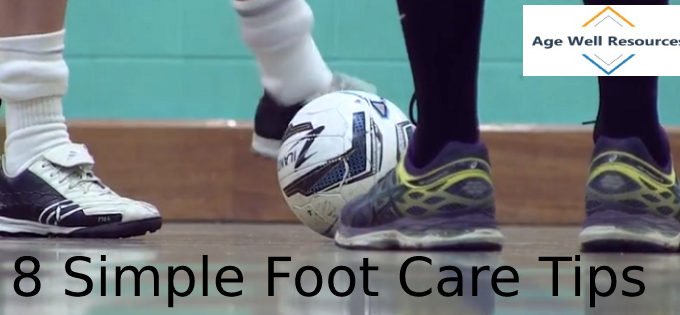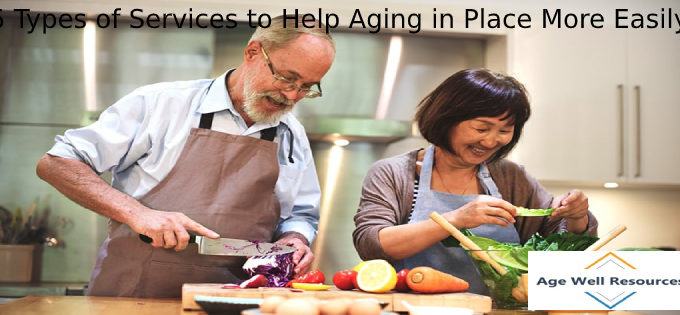
5 Ways to Increase Seniors Appetite
A loss of appetite is a common sign of aging process, but it can be very alarming to see your senior loved one start to eat less. Seniors need an adequate amount of nourishment to keep them healthy, active and strong through their senior years, and at the same time to help them cope with and recuperate from any medical conditions that they have.
Though a decrease in appetite is a normal part of aging, it doesn’t mean that you can do nothing to understand and treat loss of appetite. There are common reasons why do seniors lose appetite such as:
- Change in taste buds
- Difficulty in chewing or swallowing
- Problems with dentures
- Loneliness
- Depression
- Dehydration
- Medications side effects
- Dry mouth
- Slower metabolism
- Lower levels of activity
Here are tips on how to increase senior appetite.
- Get their suggestions of what to eat.
Change in taste buds is one of the reasons for appetite loss in elderly, so ask your senior loved ones what to eat and help them out in the process as they can. Grab a pen and a planner to make a meal plan together, and display their weekly menu or recipes in a cookbook holder on their countertop for easy reference. Creating a meal plan will make a huge difference in your senior loved one’s eating habits. You can also go grocery shopping together to help them choose the food they want to eat and cook with them. Grocery shopping and cooking is a fun and healthy activity for everyone and at the same time a great way to spend quality time together.
- Encourage them to dine with others.
Loss of appetite in older people is being linked to loneliness and depression, and as we get older eating becomes more of a chore than something we enjoy. If they are living independently, as much as you can encourage them to look for opportunities to dine with colleagues who live nearby so they may enjoy mealtime as an exciting social activity rather than a chore. And if you are around, make plans to dine together.
- Make their food appealing and tasty.
Remember that your senior loved one’s taste buds may be changing, so try to prepare nutritious meals that are bright, colorful and packed with vitamins and minerals. Instead of using mere salt in your recipe, add natural herbs and spices such as fresh or dried parsley, basil, thyme, mint, oregano or rosemary — these herbs have many benefits and it can boost their immune system.
- Set schedule for eating meals.
Create consistent meal times (breakfast, lunch, dinner, and snacks) to encourage your senior loved one to start eating at the same time every day. Also, keep every meal smaller to ensure they will not get overwhelmed with so much feeding. Instead of three meals, make it six meals, but make sure each meal is packed with vitamins and minerals they need.
- Improve their dining experience.
Aside from making your senior loved one’s food more appealing and delicious, use table linens and tea towels in their favorite colors and design, and include nice dinnerware such as mugs and plates which are delightful to any kitchen. Make mealtime a pleasant and enjoyable occasion your elderly will look forward to.
We hope these tips are useful to help stimulate your senior loved one’s appetite. However, there are some cases that decrease in appetite is a sign of a more serious medical condition. When your senior loved one is refusing to eat and a noticeable weight loss is being observed, then consult a doctor to determine the underlying medical reason.









